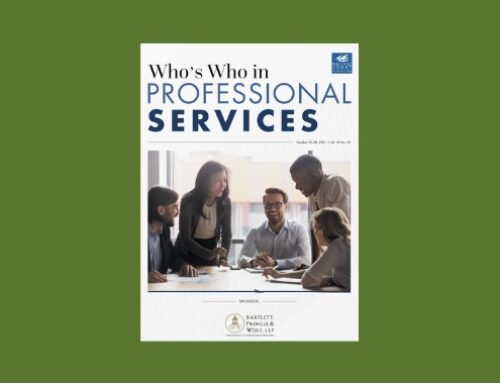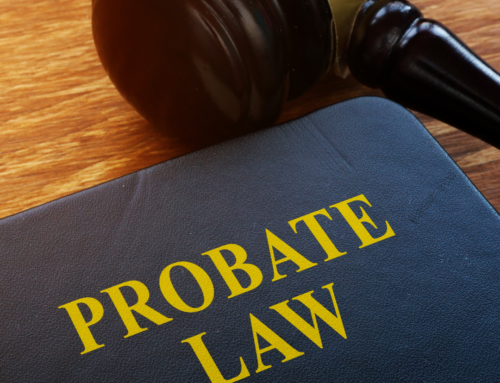November 2020
At the start of this legislative session, the California Legislature seemed primed to pass bills that would have significantly impacted housing production and regulation. However, due to the wide-ranging impacts of COVID-19, many were either dropped or tabled for next year. Still, the Legislature did end up passing several more modest amendments to existing housing law, and key bills are summarized below:
AB 831
Senate Bill 35 of 2017 (SB 35) mandated a ministerial, CEQA-exempt approval process for qualifying housing and housing-rich, mixed-use projects. The goal of SB 35 was to streamline the approval process for developments in local communities that had failed to meet their state-mandated goals for producing above-moderate and lower-income housing. Assembly Bill 831 (AB 831) amends SB 35 to clarify some of SB 35’s more contested language and to help ensure that cities cannot use housing review processes to avoid the intended effect of SB 35. AB 831:
- Clarifies the limits of local government discretion concerning projects already approved under SB 35. Specifically, AB 831 requires local jurisdictions to approve any off-site public improvements (such as utilities, bike paths, and landscaping) necessary to complete an SB 35 project “without delay” and in a manner that does not “inhibit, chill or preclude the development.”
- Explicitly allows developers of SB 35 projects to make specific qualifying minor modifications to a project before the final building permit’s issuance. These modifications are also subject to limited local agency discretion and must meet specified objective standards that were in place when the developer submitted the original application to the local jurisdiction.
- Clarifies that mixed-use developments are eligible for streamlined approval if the development is at least two-thirds residential. Importantly, this requirement is intended to apply to the proposed project itself, not to the underlying zoning.
AB 831 was also passed as urgency legislation, meaning it became effective September 28, 2020, immediately upon the Governor signing the bill.
AB 3182
Assembly Bill 3182 (AB 3182) modifies the ministerial approval process for the construction of any accessory dwelling unit (“ADU”) or junior accessory dwelling unit (“JADU”) within Common Interest Developments (CID’s) like condominium projects. Existing law requires a local agency to ministerially approve or deny a permit application for creating an ADU or JADU within 60 days from the date the local agency receives a completed application. This bill would deem a permit application for creating an ADU or JADU approved if the local agency does not act within 60 days of receiving the application.
Further, this bill effectively ends a condominium or stock cooperative’s ability to prohibit rentals within the community. Existing law prohibits an association from creating new restrictions on the rental and lease of homes. However, rental restrictions enacted before January 1, 2012 were “grandfathered” until now. AB 3182 removes the exemption for pre-2012 rental restrictions. Additionally, an association: (i) cannot adopt or enforce a governing document provision that restricts/caps rental units within the community to less than 25% (JADU’s, ADU’s and owner-occupied rentals do not count toward this cap) but (ii) may prohibit short term rentals of 30 days or less.. An association must comply with its provisions starting January 1, 2021. An association is required to amend their government documents to conform to the required no later than December 31, 2021.
AB 1851
Assembly Bill 1851 (AB 1851), known as the “Yes in God’s Back Yard” bill, makes it easier for faith-based organizations to build affordable housing on their parking lots. The bill prohibits local jurisdictions from denying a housing development project proposed by a religious institution (or developer working with a religious institution) solely because it will reduce the total number of parking spaces available at the place of worship. The bill does mandate that religious institutions keep at least 50% of existing parking spaces, and it does allow local jurisdictions to require one dedicated parking space per new unit for these projects.
While these bills will certainly impact California’s housing landscape, there were also several more ambitious housing bills that did not make it into law this year. Many of these are likely to return to the Legislature’s docket as soon as the more pressing concerns from COVID-19 have passed. These bills include SB 1120, which would have established ministerial approval and subdivision processes for residential duplexes on single-family zoned lots; and SB 1085, which would have expanded the Density Bonus Law to include qualifying moderate-income rental projects and student housing projects. The Legislature will undoubtedly continue to consider bills like these and others that affect streamlining, CEQA review, and housing density as they continue to place great importance on combating California’s housing crisis.
*Real Estate and Land Use Insight is one in a series of occasional publications authored by the attorneys in the Firm’s Real Estate and Land Use Practice Group. If you would like more information about Real Estate and Land Use Practice Group can support you, please contact:
Ian Midiere Olivia K. Marr
Marcus J. Kocmur Dallas N. Verhagen
Stacie D. Nyborg
IF YOU WOULD LIKE ADDITIONAL INFORMATION ON THIS INSIGHT, CONTACT:
Ian L. Midiere Olivia K. Marr
Attorney Partner
Direct: (805) 966-9071 Direct: (805) 966-7199
Email: IMidiere@flasllp.com Email: OMarr@flasllp.com
Olivia K. Marr, Partner
Direct: (805) 966-7199
Email: OMarr@flasllp.com
DISCLAIMER: This publication is one of a series of business, real estate, employment, estate planning and tax bulletins prepared by the attorneys at Fauver, Large, Archbald & Spray, LLP. This Advisor is not exhaustive, nor is it legal advice. You should discuss your particular situation with us or with your own attorney. Our legal representation is only undertaken through a written engagement letter and not by the distribution or use of this publication.






